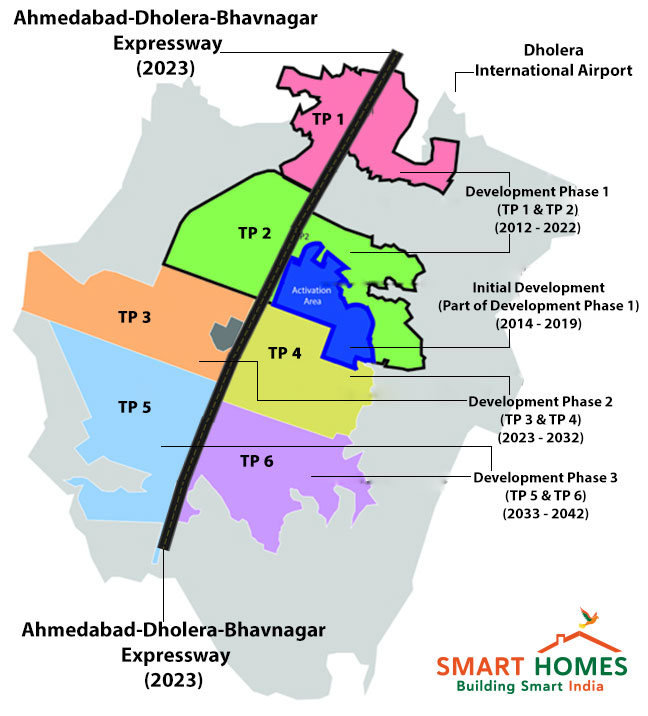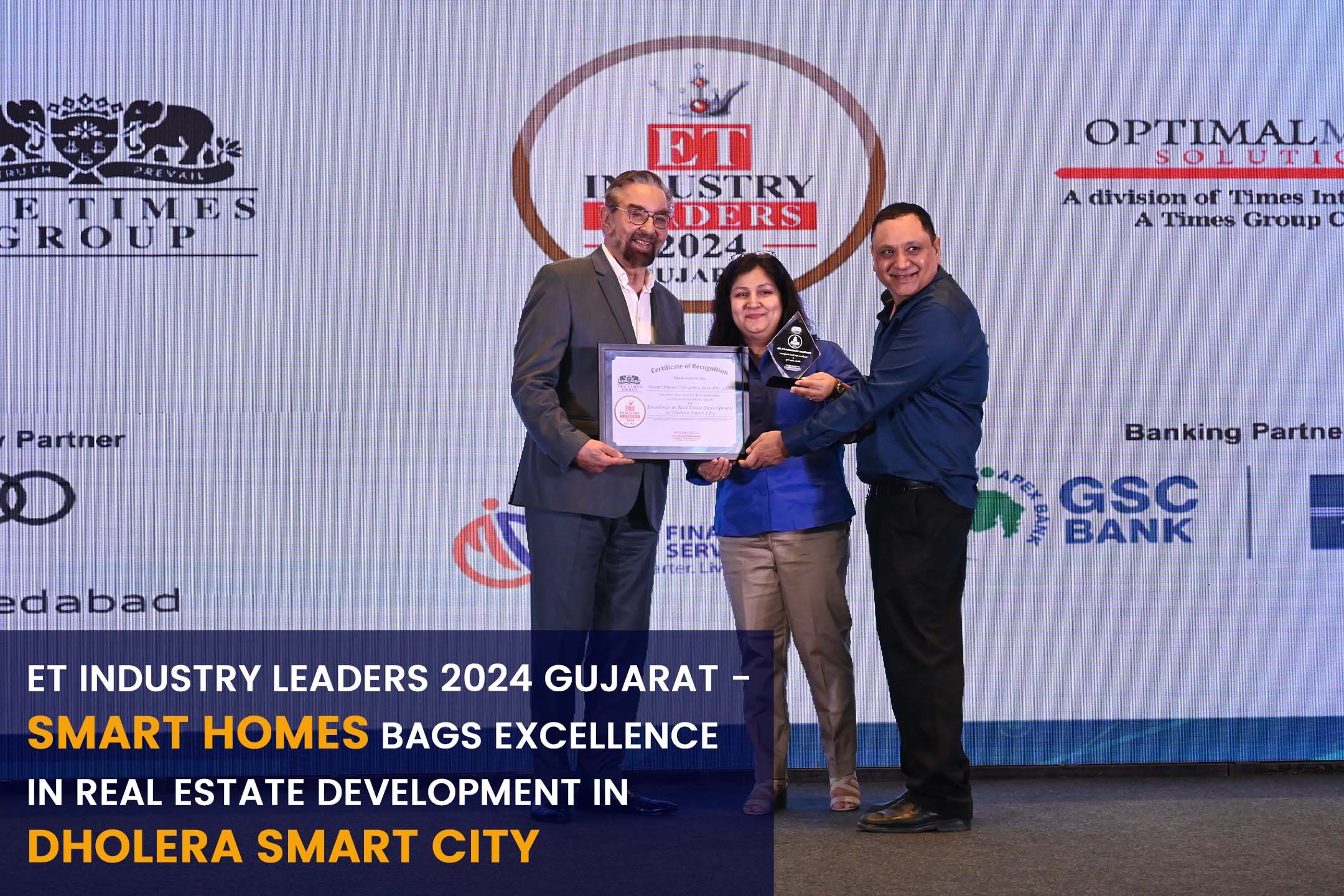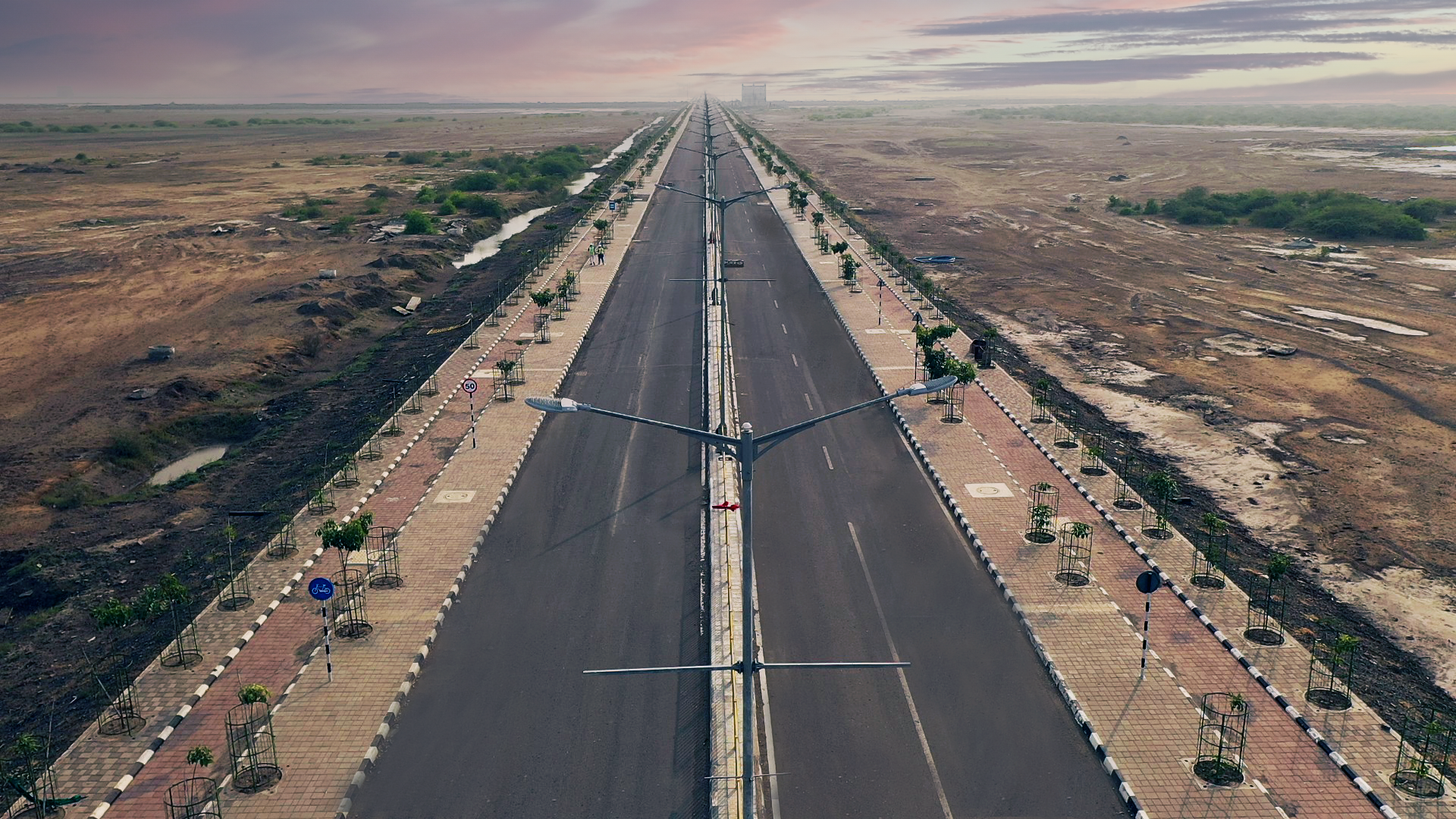Posted: 2018-09-04 by
smarthomes
On a normal day, what would you do if you forgot to switch off the geyser or air-conditioner before stepping out of office?
Some of you will go back home and switch it off while few would keep worrying about the mounting cost and wasted electricity throughout the day.
Wait! There is another class of home owners who will simply switch the gadget off through a remote app on their mobile phone right from their office. This set of people live in a smart homes
So, what is a smart home? Can it only look after your electrical appliances or more? Moreover, how do they promote a sustainable green living? Let us find out.
What is a smart home?
It is expected that by the year 2050, as many as 50 billion devices worldwide shall be connected via IOT and save costs to the tune of USD 19 trillion.
A smart home is a place where the devices within are seamlessly connected and can talk to each other or even be accessible to you remotely in a manner that they can be controlled without physical interference. These homes are smart enough to assess the real-time situations and react differently to them in tandem with pre-set conditions, schedules, or even with help of a remote instruction given by a system or mobile. They can sense the patterns of its residents and make decisions, many a time acting as a security boon. These homes are a perfect blend of technology with design where the hardware, software and design are deeply integrated to help you experience convenience and comfort of highest grade. Based on Internet of Things, Smart Homes conserve resources such as energy and water, save costs and create an environment for green and sustainable living
How smart homes promote sustainable green living
Imagine a door left accidentally open while leaving home, and the smart home sensing no-one's presence, shuts it automatically or sends you a message alert. What can be a better way to step up your security?
Now, imagine the luminosity of the lights being auto adjusted as per the time of the day and by taking natural sunlight into account? Or, a window blind opening on its own during a cold winter afternoon to let some sunlight in? Can you imagine the global energy savings that could generate?
Higher is the resource consumption, greater are the Carbon dioxide and other toxic gas emission, leading to an irreversible damage to the environment. Smart Homes, through its efficient device management and various other facilities, can optimize resource consumption and contribute immensely to a greener and healthier planet. Here are a few ways in which it can rescue mother earth from rapid resource depletion and promote a green and sustainable living:-
Lighting Control
Smart Homes give you an unconditional access to remotely switch off or on your lights, no matter the location. These help you skip useless energy consumptions caused by memory lapse as. The smart systems also read the regular patterns of the home which includes when is light most used during the day, when does everyone go to sleep, when is the home vacant, etc. and use them to bring in energy efficiency and reduce cost.
Temperature Control
About to reach home on a hot summer day? Switch on the air conditioner while still in transit and enjoy a cool and pleasant home awaiting you. A smart home system can also study the sleeping and waking schedules of its residents and switch off the A/c when everyone has gone to sleep. A/C's can also be switched off automatically in areas where there in no one sleeping.
Appliance Control
Turn on the electric kettle just few minutes before you reach office to pour yourself a piping hot cup of green tea without any wait. Put your refrigerator on an auto adjust mode so that it can attune its temperatures to the outside weather. Experience a smart lights that gets switched on by sensing someone's presence. Smart Homes, by allowing efficient appliance control not just makes it convenient for you but is also easygoing on mother earth.
Security Control
Smart security systems are a revolutionary application and keep up remarkably to the safety demands of a office or home. Devices like smart locks are widely popular for restricting unauthorized access and alerting the authorities in case of forced attempts. They also enable users to grant entry or lock the doors remotely. Few other smart security systems also consists of HD camera with night vision and microphone and allows authorized personnel to check surveillance recordings through their cell phones.







